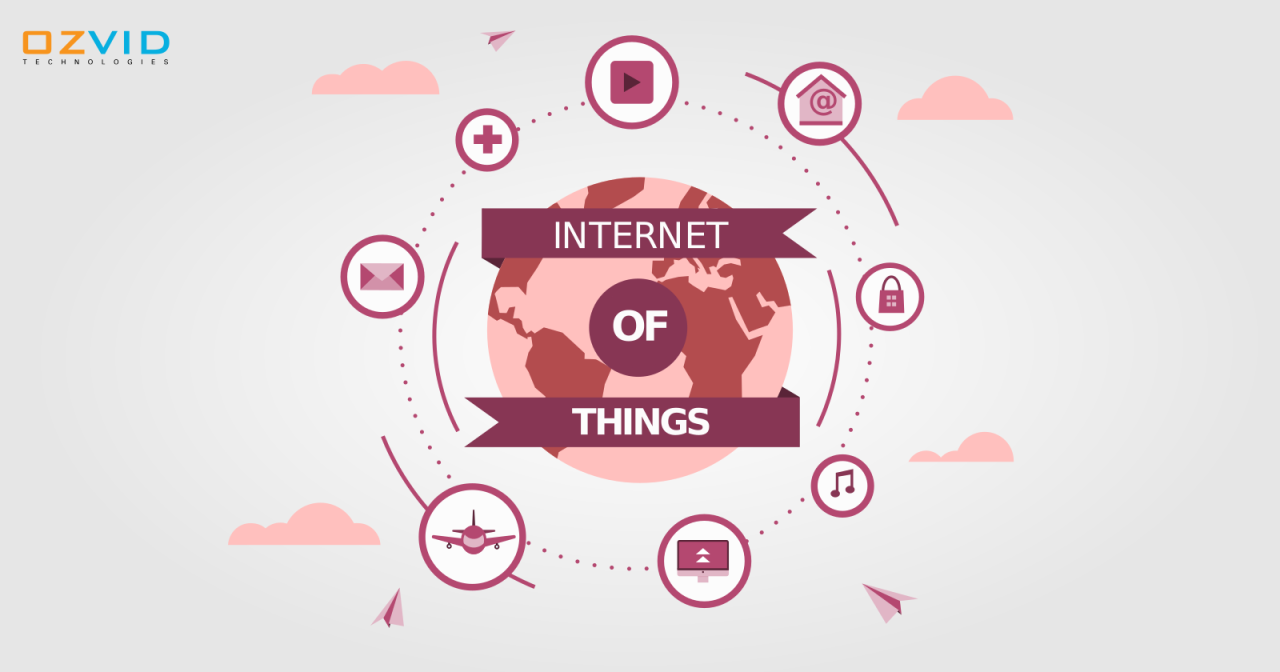
Latest IoT Developments: Transforming Industries and Enhancing Lives
The Internet of Things (IoT) continues to evolve at an unprecedented pace, revolutionizing various industries and aspects of our daily lives. This article provides insights into the latest IoT developments that are shaping the future of technology.
Smart Cities and Infrastructure
IoT is transforming cities into smart, connected hubs. Devices such as sensors, cameras, and actuators are being deployed throughout urban environments to collect data on traffic, air quality, energy consumption, and more. This data is then analyzed to optimize infrastructure, improve public services, and enhance citizen safety.
Industrial IoT (IIoT)
IIoT is revolutionizing manufacturing and other industrial processes. Sensors and other IoT devices are used to monitor machinery, collect data on production lines, and detect potential problems before they occur. This data can be used to optimize production, reduce downtime, and improve safety.
Healthcare and Wellness
IoT is also having a transformative impact on healthcare. Wearable devices, such as fitness trackers and heart monitors, are generating vast amounts of data that can be used for health monitoring, early disease detection, and personalized treatment. IoT-enabled medical devices are also being used to provide remote patient monitoring, allowing healthcare professionals to track patients’ health remotely.
Smart Homes
IoT is making homes more convenient, energy-efficient, and secure. Smart home devices, such as smart thermostats, lighting systems, and security cameras, can be controlled remotely using smartphones or voice assistants. This allows homeowners to automate tasks, reduce energy consumption, and keep their homes safe.
Edge Computing
Edge computing is a distributed computing paradigm that brings data processing closer to the source of data. In the IoT context, this means that devices can process and analyze data locally, reducing latency and improving efficiency. Edge computing devices are becoming increasingly common in IoT applications, such as autonomous vehicles and smart cities.
Artificial Intelligence (AI)
AI is playing an increasingly important role in IoT. AI algorithms can be used to analyze IoT data, identify patterns, and make decisions. This can enable IoT devices to learn from their experiences and adapt to changing conditions. AI is also being used to develop new IoT applications, such as predictive maintenance and personalized recommendations.
Blockchain
Blockchain technology is being explored for its potential to enhance security and interoperability in IoT networks. Blockchain can provide a secure, tamper-proof way to store and manage IoT data. It can also facilitate trustless communication between IoT devices, enabling secure data sharing and collaboration.
Sustainability
IoT is also contributing to sustainability efforts. IoT devices can be used to monitor and optimize energy consumption, reduce waste, and promote sustainable practices. For example, smart city solutions can use IoT sensors to optimize traffic flow and reduce emissions.
Conclusion
The latest IoT developments are driving innovation across industries and enhancing our lives in numerous ways. From smart cities to industrial IoT, healthcare applications to smart homes, IoT is transforming the way we interact with technology and the world around us. As the technology continues to evolve, we can expect even more transformative IoT applications in the years to come.


